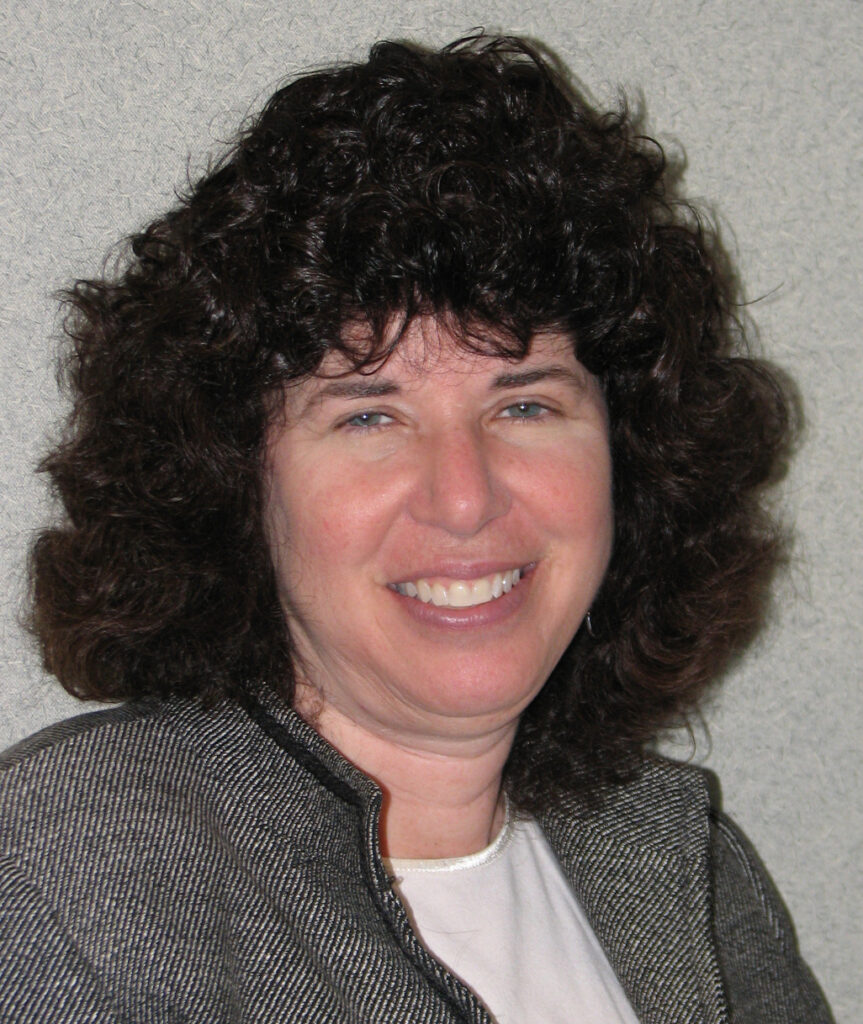The demand for neurologists has long outpaced the supply of trained physicians specializing in diagnosing and treating brain conditions. For over a decade, experts have identified this growing need for neurologists nationwide and the gaps this shortage creates across our health care system.
This decline in working neurologists has and will continue to have serious ramifications for those needing the type of care and consultation they provide. As a family caregiver, you may have already experienced the effects of the neurologist shortage in your community.
Delaying Diagnosis and Treatment
A primary care provider commonly refers patients to a neurologist to confirm the diagnosis of dementia, including Alzheimer’s disease, and also for treatment recommendations. The decline in the number of working neurologists coupled with an ever-growing population living with dementia, Parkinson’s disease, and other neurological conditions creates communities where access to specialized neurological care is limited.
“In states faced with neurologist shortages, this could impact timeliness of diagnosis and delay the start of treatment,” says Dr. Rena Pine, St. John’s Home Medical Director. Rural communities have been especially impacted, forcing patients needing a neurologist and their families to wait longer to be seen or travel greater distances for care.
However, it is communities of all sizes around the country that have been adversely impacted by this shortage in specialized care and the resulting longer wait for patients to confirm diagnosis. “Early diagnosis allows people with dementia and their caregivers to potentially get treatment earlier as well as education about what to expect with dementia,” Dr. Pine notes, illustrating how delays of weeks or even months before diagnosis can be problematic.
Care Could Cost More
In theory, not being able to access a timely neurological examination could put the patient and their caregivers at a great disadvantage. A delay in diagnosis and consultation may keep the person now living with the disease from connecting with the help they need in the current stage of their Alzheimer’s journey. “It could increase cost of care if diagnosed at later stages,” says Dr. Pine. “It could decrease quality of life with delay in treatment and support for both the patient and their caregivers.”
As the need for neurological care grows, the shortage of neurologists can cause additional strains on hospitals, clinics, and other important resources. In addition to longer wait times for appointments, patients and their caregivers could experience longer hospital stays and higher costs due to complications from untreated or poorly managed neurological conditions.
Impact on Research and Innovation
Neurologists provide direct care to those who need it, but they also play a vital role in advancing research into neurological diseases and disorders.
A shortage of neurologists could slow progress in developing new treatments or even improving existing ones. Fewer experts in neurology could mean fewer opportunities for clinical trials or innovations in neurological care that are desperately needed.
Not only does a lack of working neurologists potentially limit the level of expertise available to drive important research and development, it can also limit the pool of qualified applicants for clinical trials, making it harder to recruit diverse populations necessary for comprehensive research.
Solving the Neurologist Gap
For years, the American Academy of Neurology (AAN) and other groups have identified and communicated ways to overcome the gap in available neurological care. In communities where disparities in neurological care exist, primary care providers feel the strain of limited resources.
“Training programs for primary care will be needed to educate the physicians, physician assistants, and nurse practitioners who treat dementia,” says Dr. Pine, who leads a team of physicians, physician assistants, and nurse practitioners caring for hundreds of skilled nursing residents, many of whom are in the mid to late stages of dementia. “Training about dementia will need to be increased in medical school, nursing school, and physician assistant school. Residency programs for physicians will also need to provide education about dementia, as every specialty will see patients who have dementia.”

Dr. Pine believes the need for training also extends to family caregivers. “There will also be a need for residential respite programs for short term stays to prevent caregiver burnout. There will be an increased need for home health aides for people with dementia. There will be an increased need for long term care facilities that specialize in people with dementia who have significant care needs and those who need to move from a residential memory care unit.”
Technology will also play an important role in meeting the needs of a growing population that is aging and in need of neurological care. By providing virtual consultations through the use of new and existing telemedicine technology, neurologists can work remotely to assess patients, give second opinions, and even monitor chronic conditions from afar. Expanding the telemedicine infrastructure, ensuring greater broadband access, and certifying insurance reimbursement for telehealth visits is a critical step toward addressing the shortage of neurologists.








